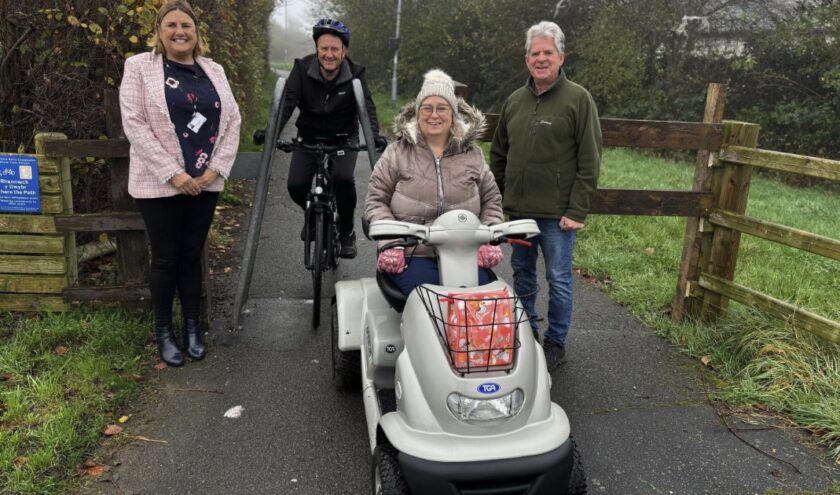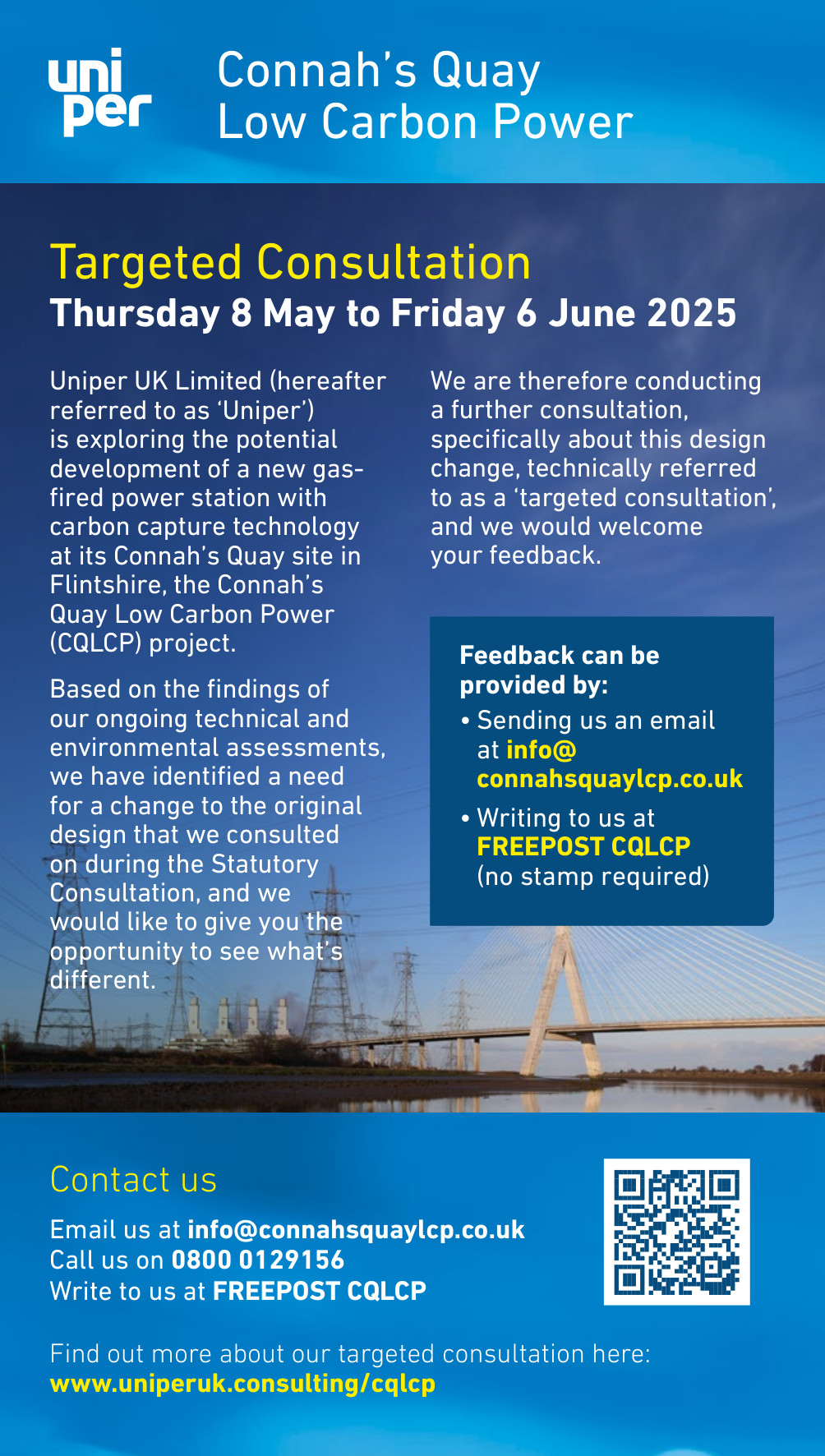Flintshire: Long-running campaign to improve accessibility along Wales Coastal Path achieves major milestone

A long-running campaign to improve accessibility along the Flintshire section of Wales Coastal Path has achieved a major milestone, with Flintshire County Council beginning work to remove barriers that have restricted access for years.
The move comes after years of campaigning by TCC (Trefnu Cymunedol Cymru/Together Creating Communities) and a coalition of organisations dedicated to ensuring equal access for all.
The project is part of the broader Flintshire Coast Park initiative, supported by Shared Prosperity Funding from the UK Government.
Alongside removing barriers, the council aims to enhance the natural and cultural appeal of the Dee Estuary, creating an accessible and celebrated destination.
The barriers, initially installed to prevent motorcycle access, have been criticised for excluding wheelchair users, cyclists, and families with prams.
The first phase of the project will begin in Saltney this month and continue through Connah’s Quay, with a phased approach planned for the entire coastline.
Jan Thomas, Chief Officer at TheFDF Centre for Independent Living and a TCC member, welcomed the council’s decision.
“We welcome the news that after nine years Flintshire County Council have made the decision that barriers along the Coastal Path are discriminatory and will now be removing them. I would like to thank TCC for leading on this campaign and bringing together a wide variety of groups and supporters to gain more independence for disabled people.”
David Hughes, Community Organiser for TCC, highlighted the importance of collective action. “I would really like to thank the groups and those with lived experiences who have told us about the negative effects the barriers have had on their health and wellbeing. Community Organising is a powerful tool for creating positive change, and this campaign has been an example of such collective power and action.”
The Flintshire Coast Park project also includes plans for sustained investment and collaboration with North Wales Police, Natural Resources Wales, and Sustrans to ensure the vision of an inclusive coastline becomes a reality.
Councillor Chris Dolphin, Cabinet Member for Economy, Environment and Climate Change, celebrated the initiative: “This is a great step forwards for inclusivity. The Dee Estuary is a fantastic natural asset for our communities in Flintshire, and I am really pleased that after months of work and planning, we can now make this decision to ensure everyone can enjoy it.”
Paul Bevan, a local representative for Cycling UK, emphasised the transformative impact of the project.
“Many people use their cycle as a mobility aid, with lots of different types of bicycles—and tricycles—which allow people independence to get around. Flintshire has more of these old barriers than any other part of the North Wales Coast, which has meant people are stopped from getting to work or the shops as well as enjoying the beauty of the Dee Estuary. This programme of removal will mean opportunities for walking, wheeling, and cycling for people of all abilities from Chester to Caernarfon, as well as opening up existing routes across Burton Marsh and through the Wirral.”
Local councillor Debbie Owen praised the project’s progress. “I have worked hard to get this issue considered, and I’m delighted that through the Flintshire Coast Park development work, this outcome has been realised and the coast path will be accessible for everyone in Flintshire to enjoy.”










